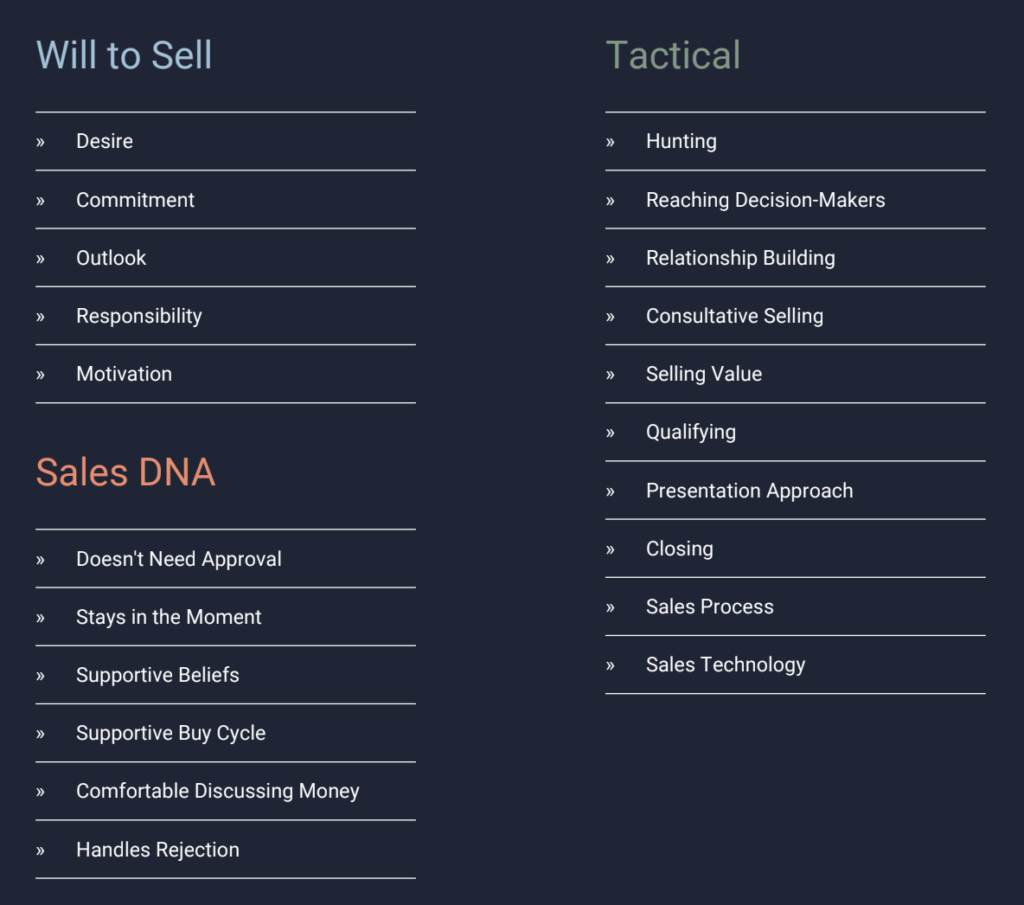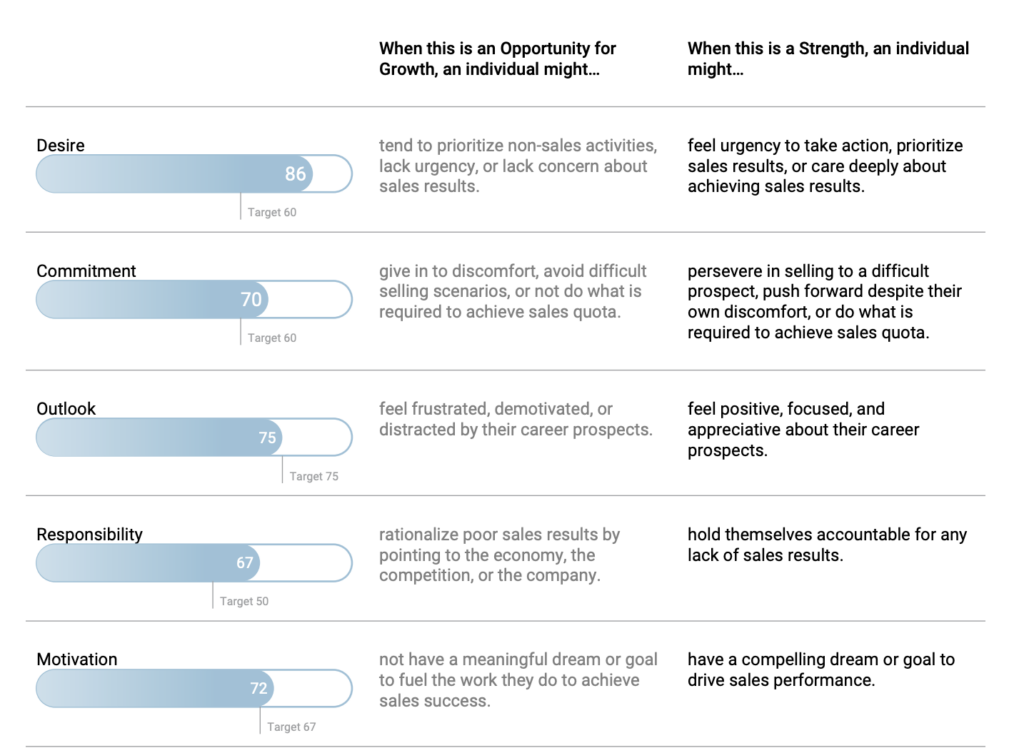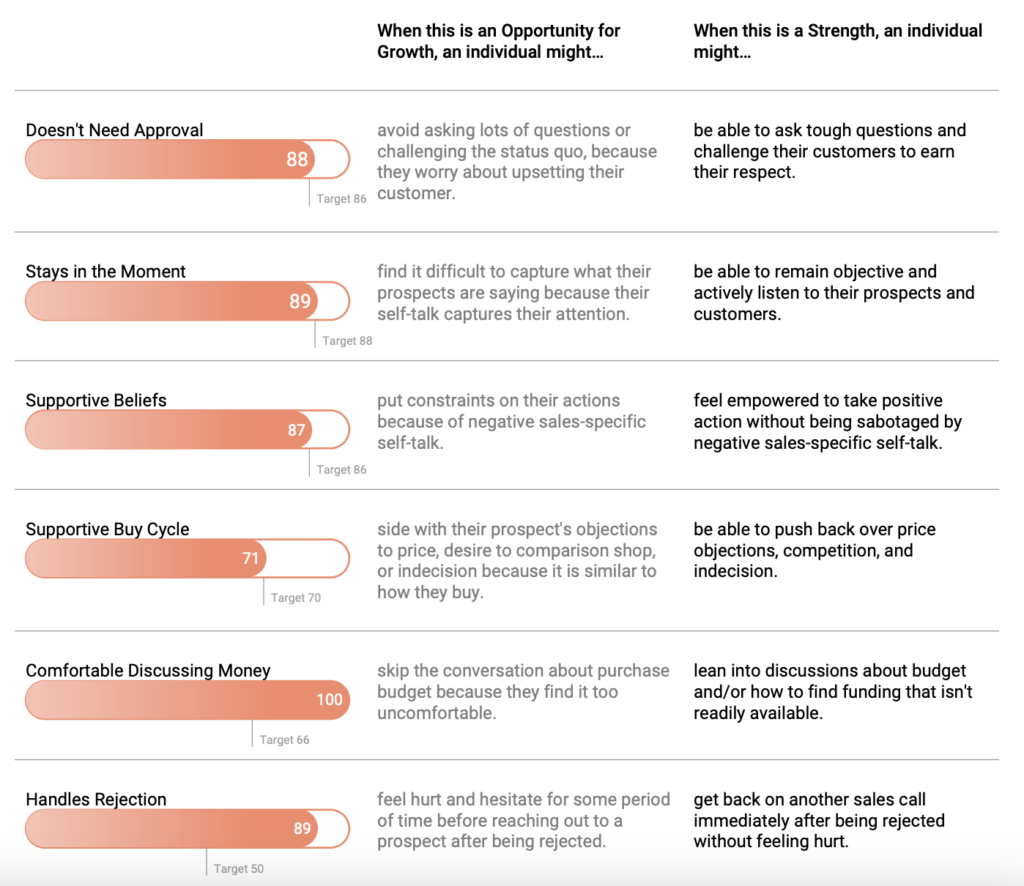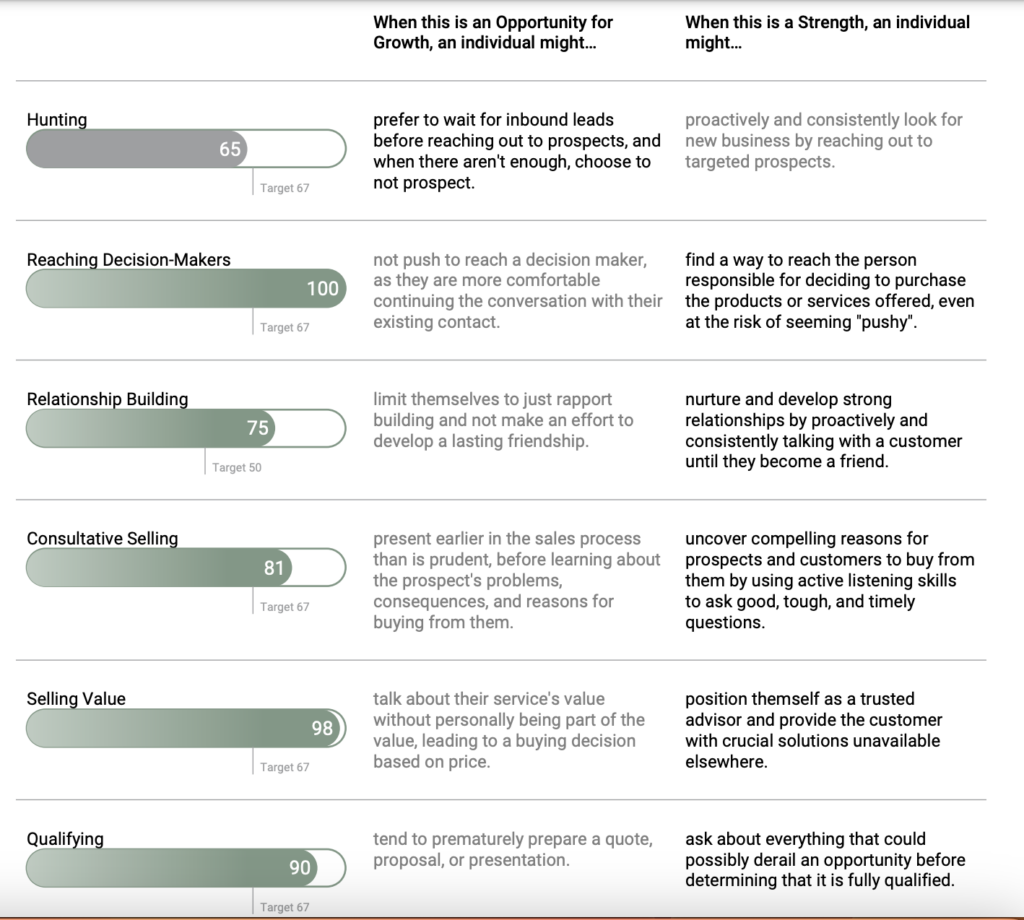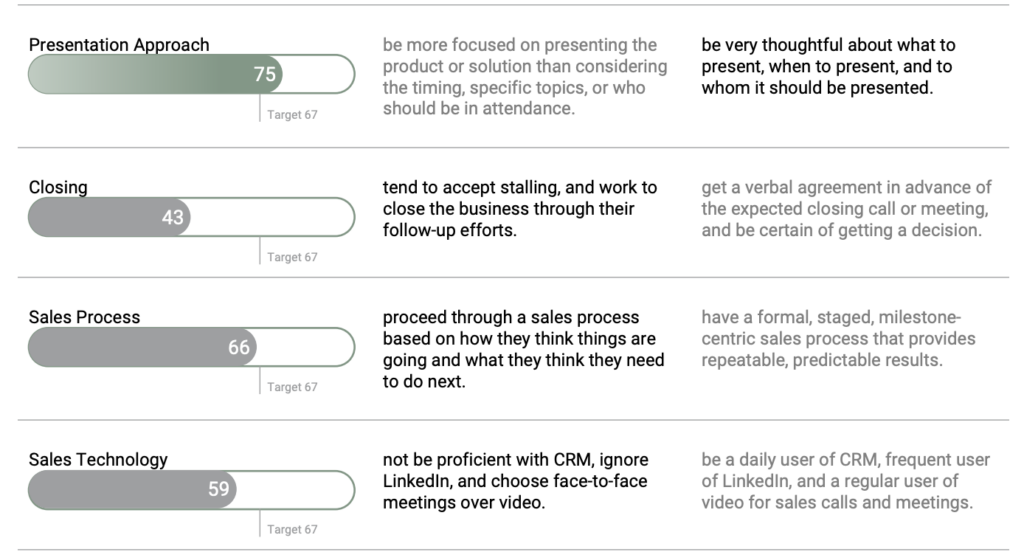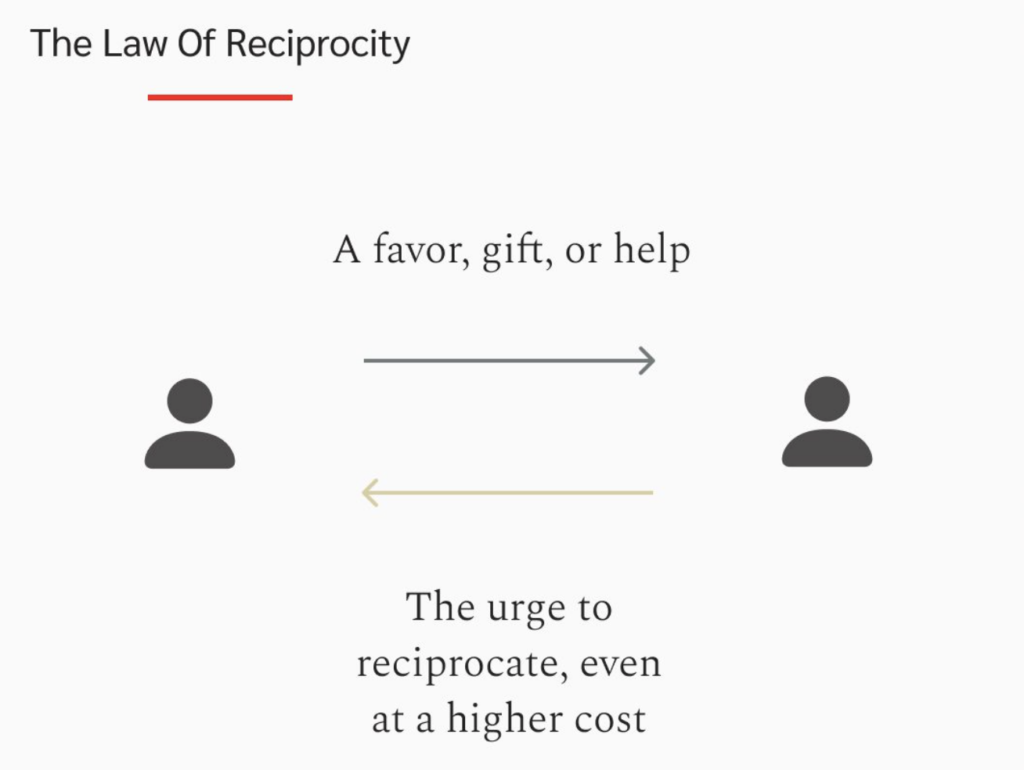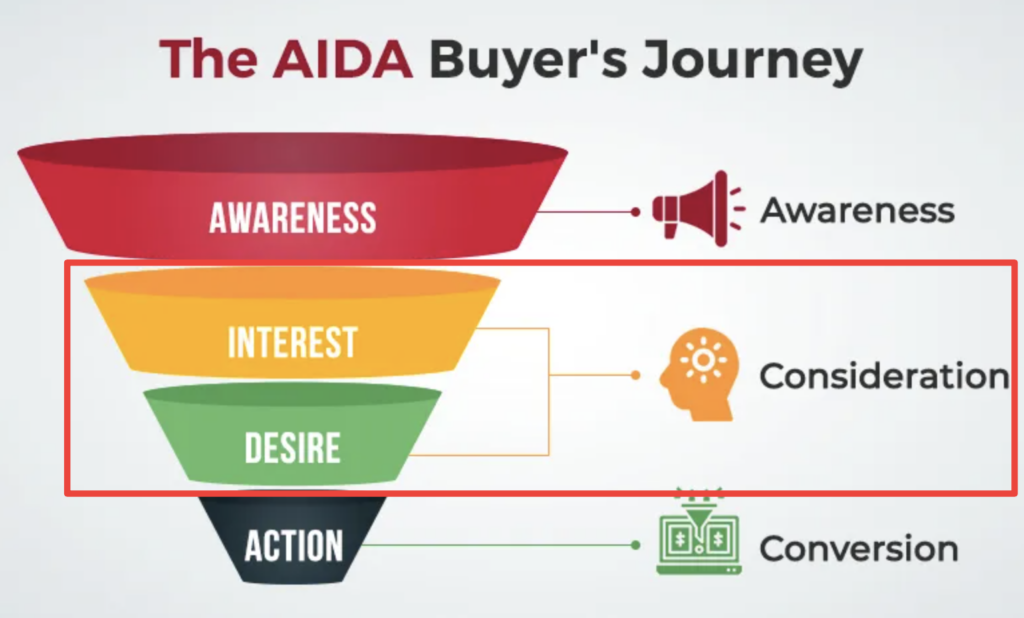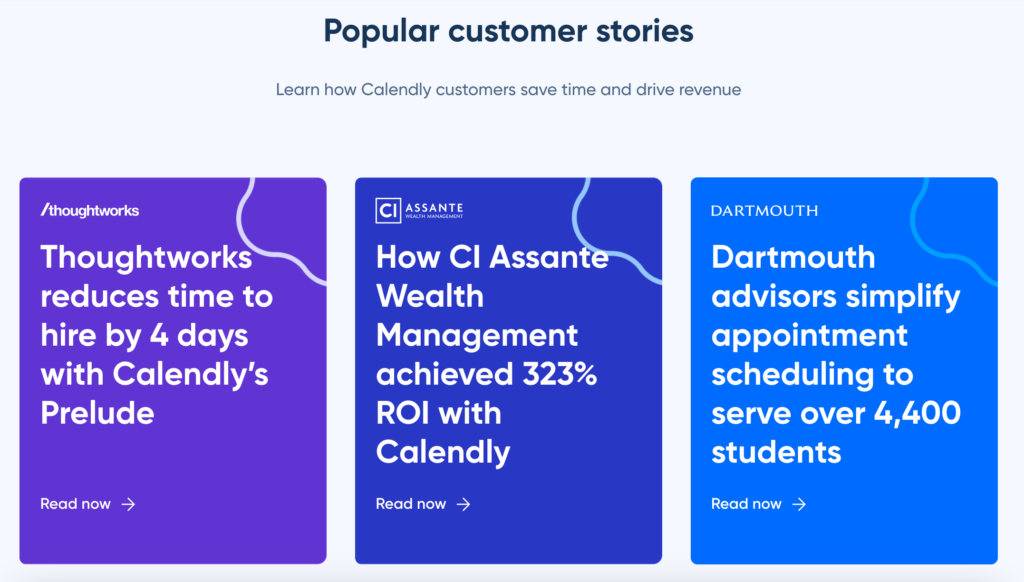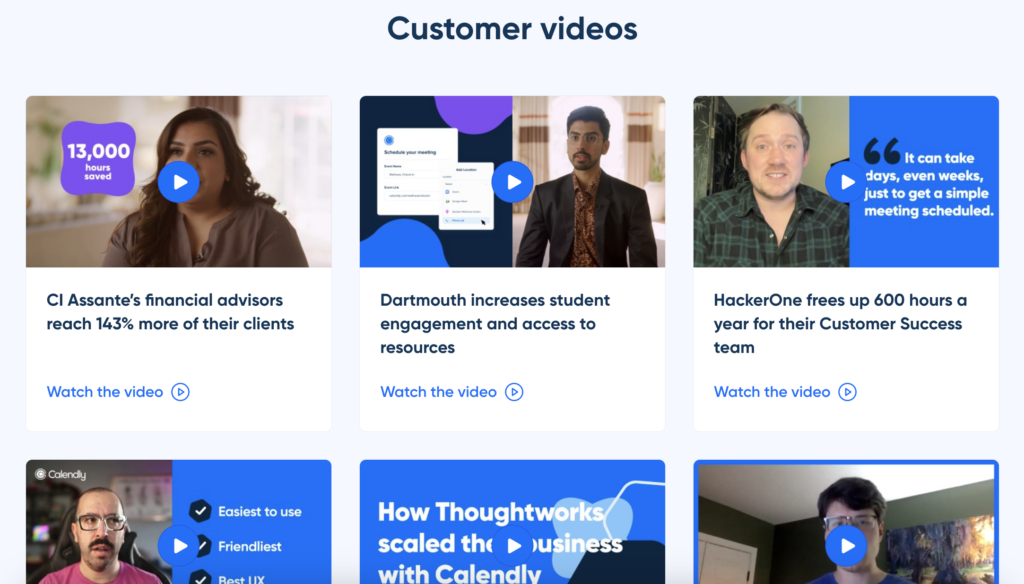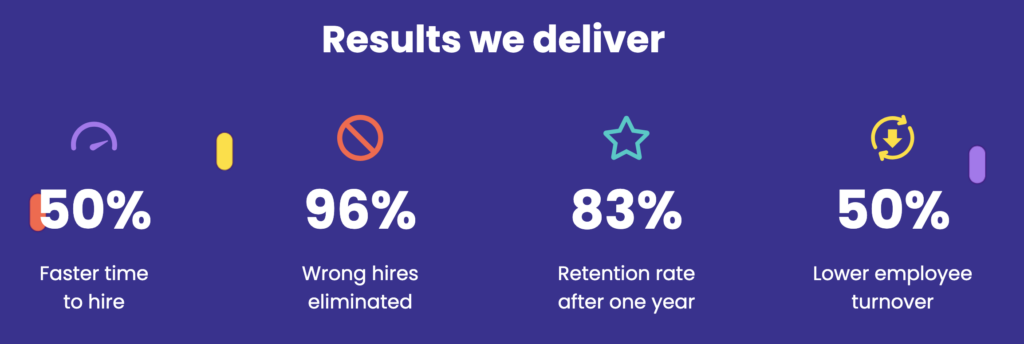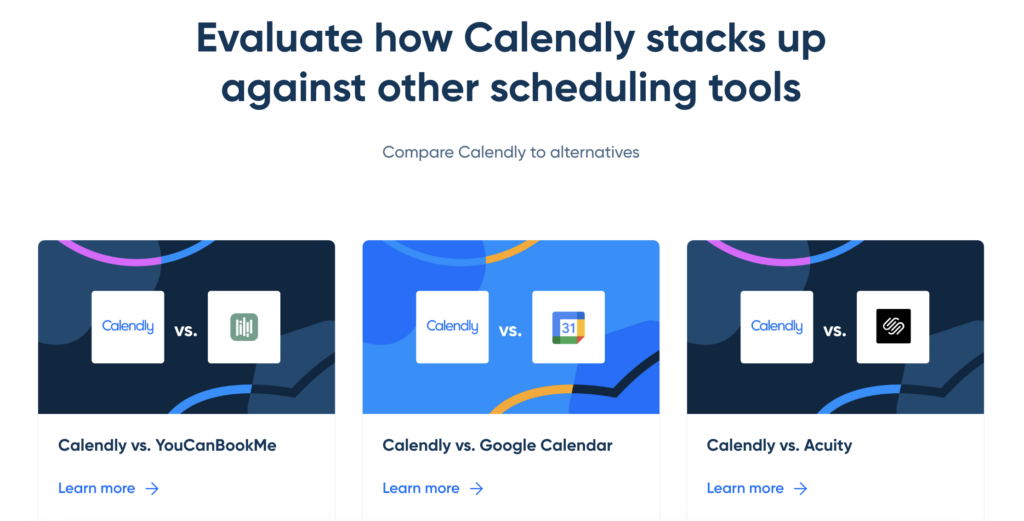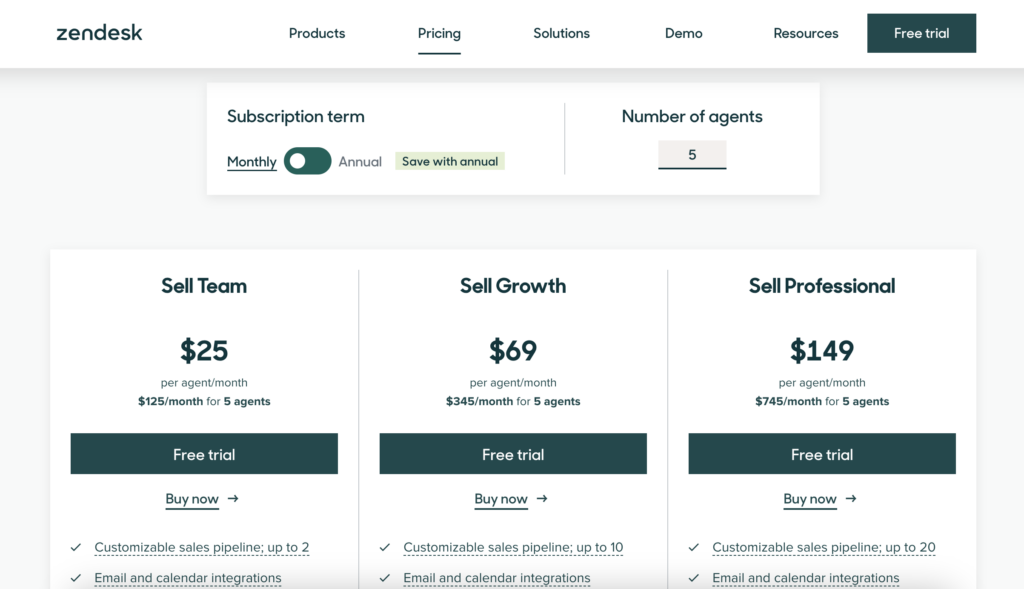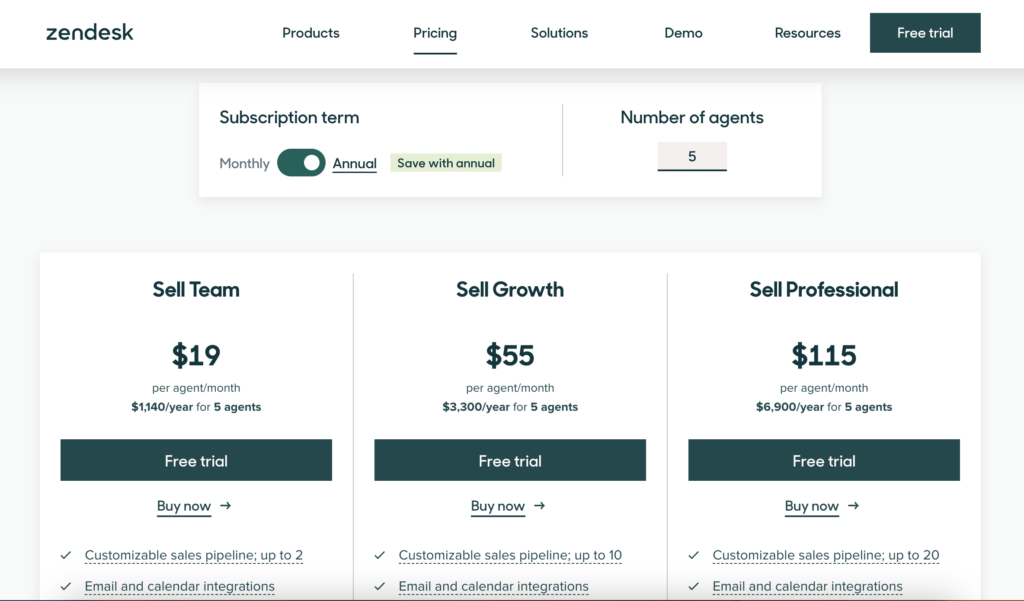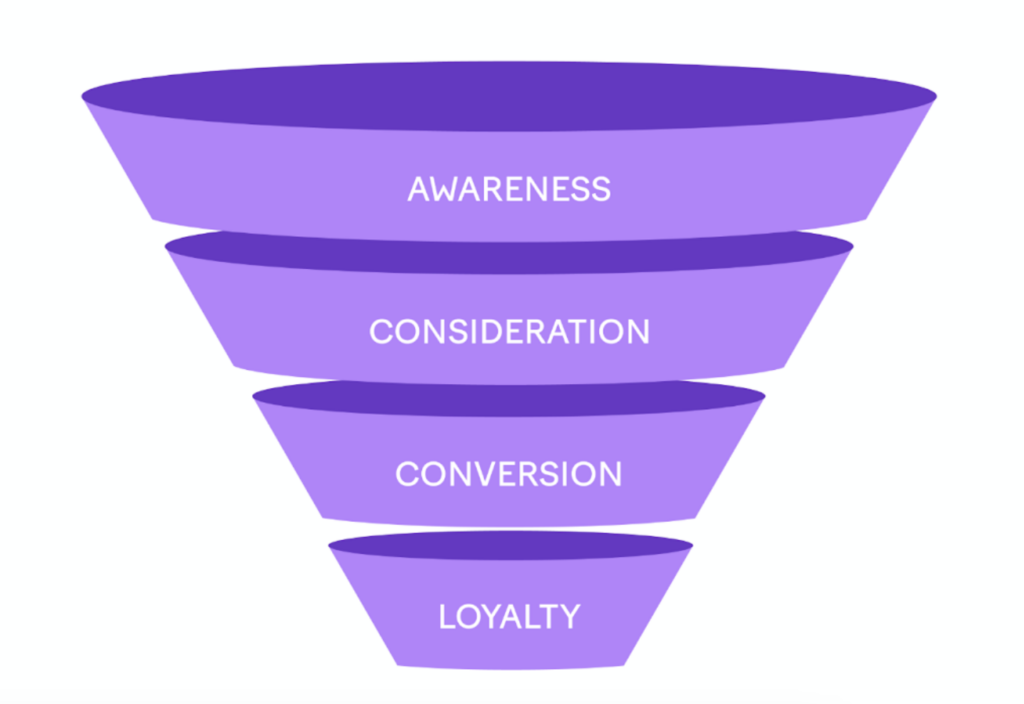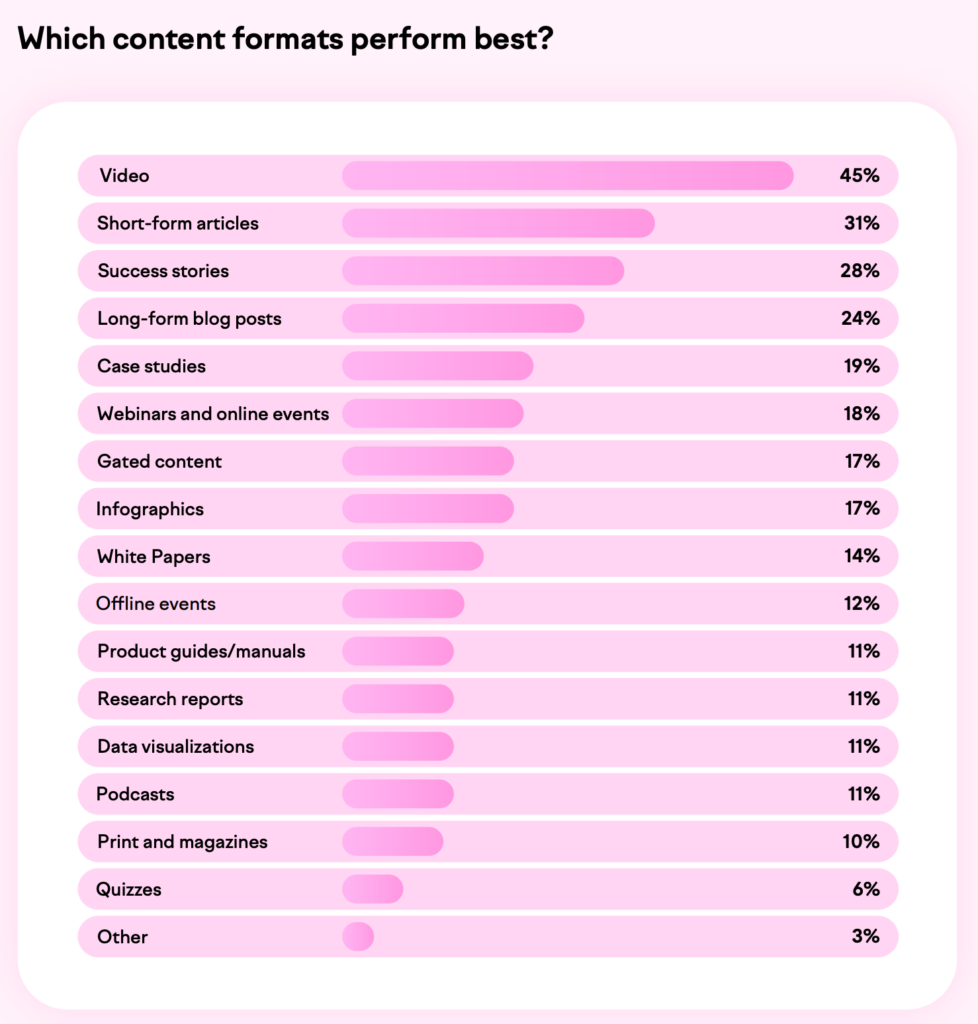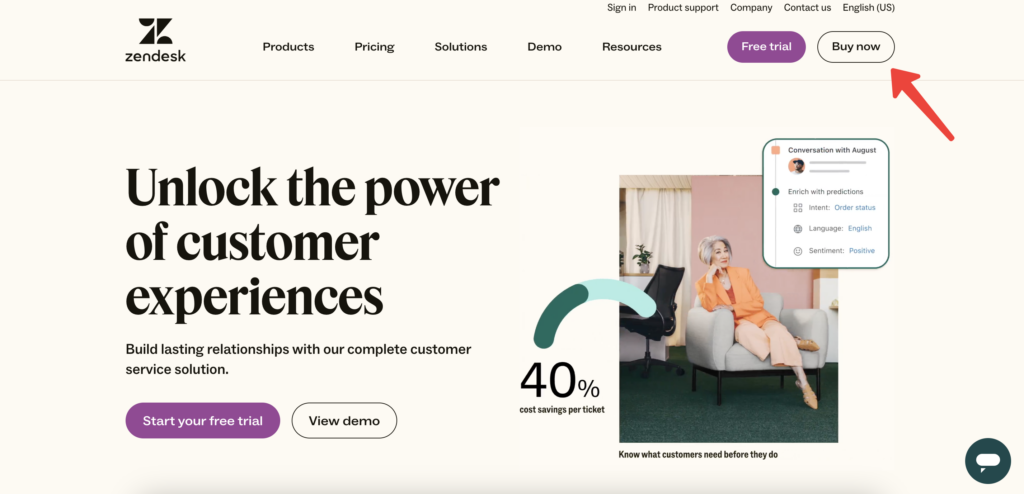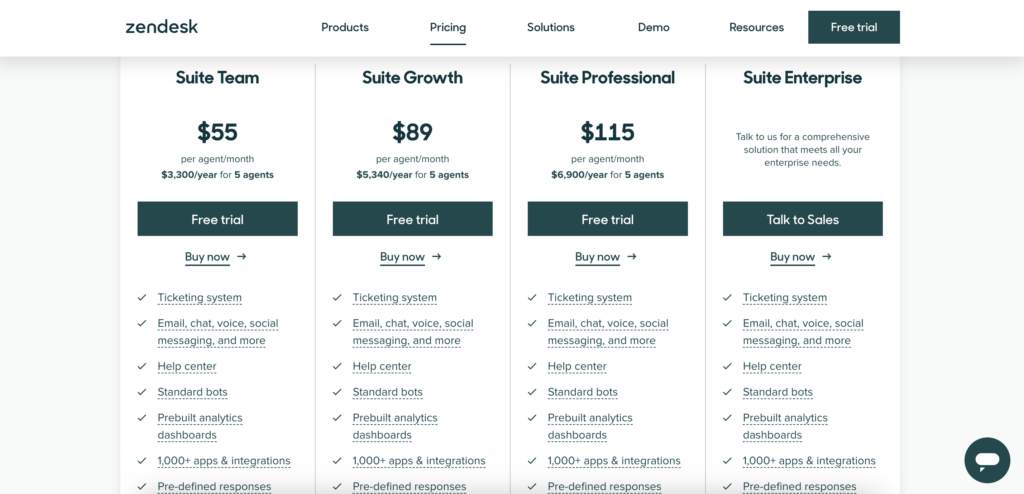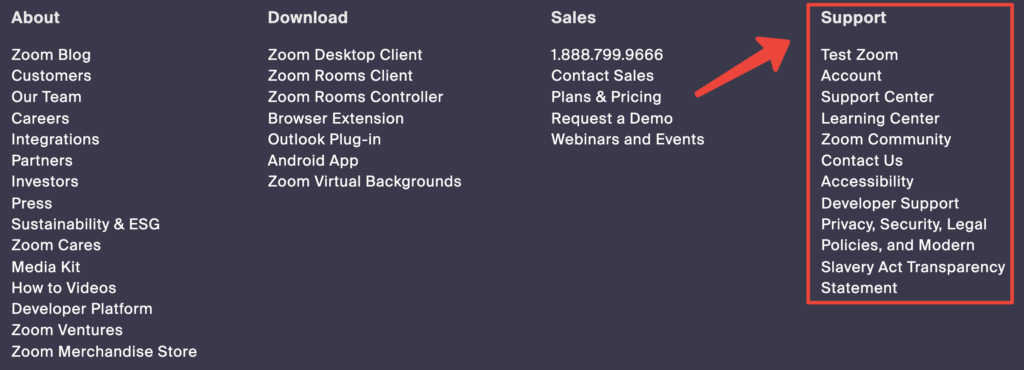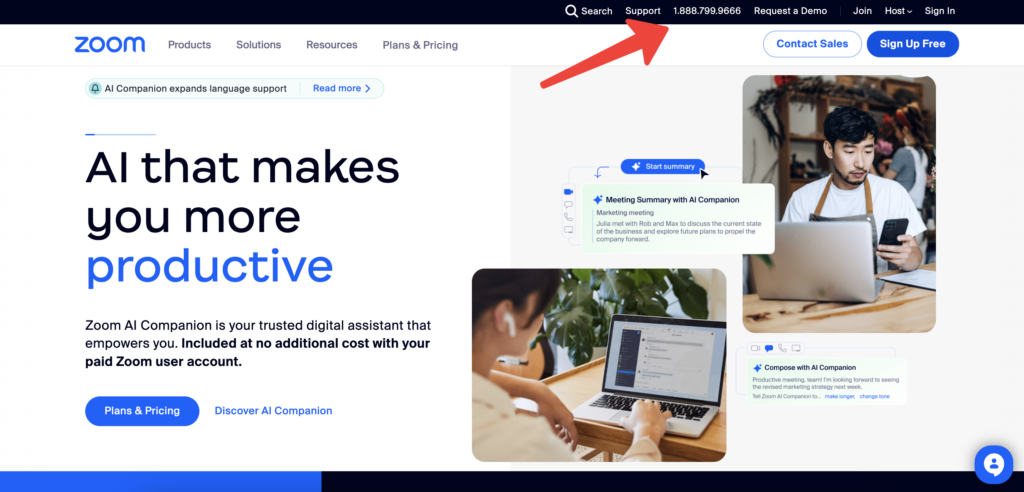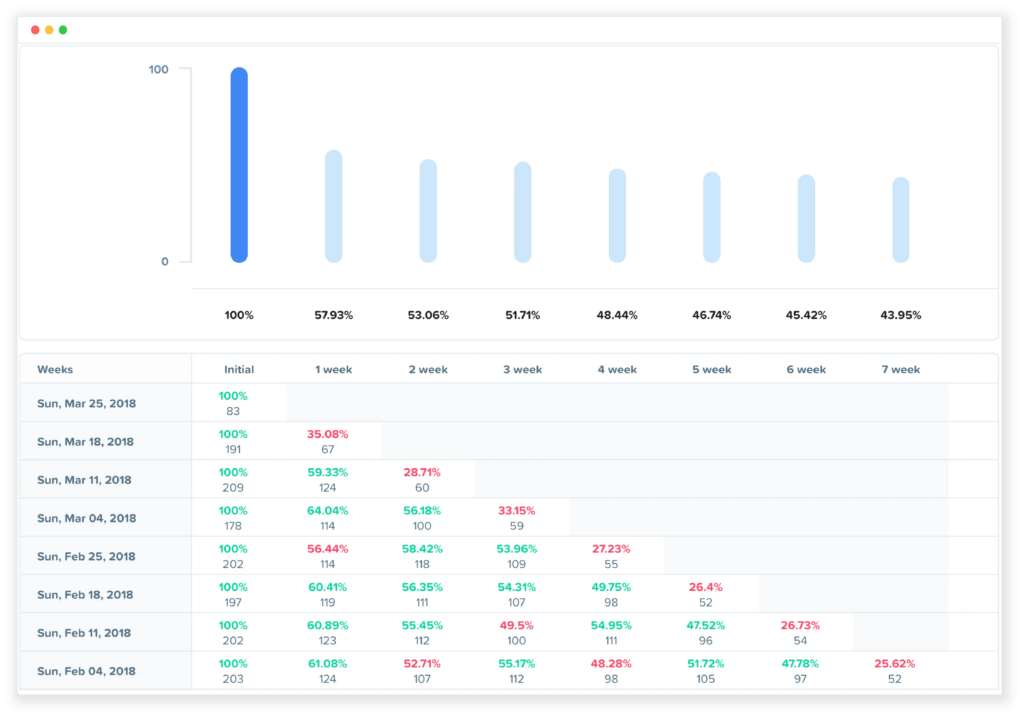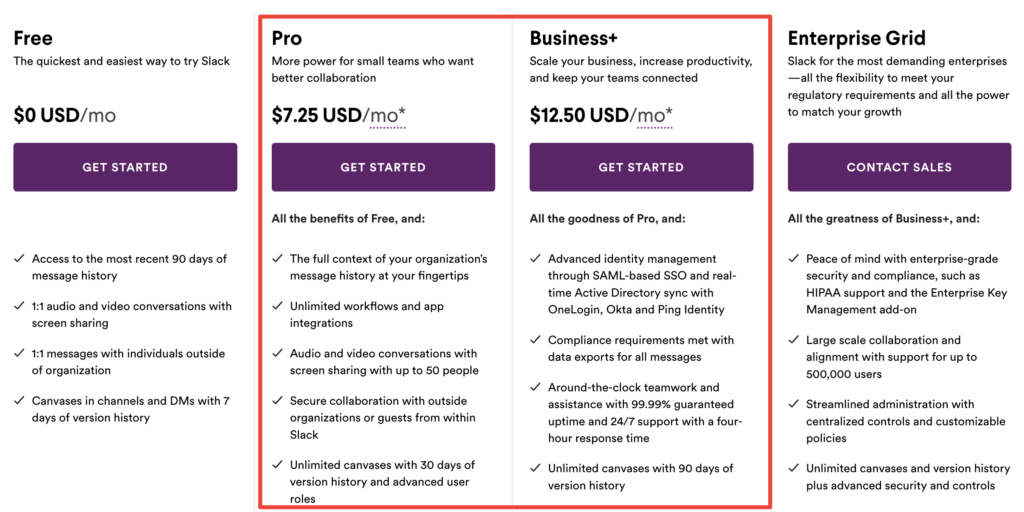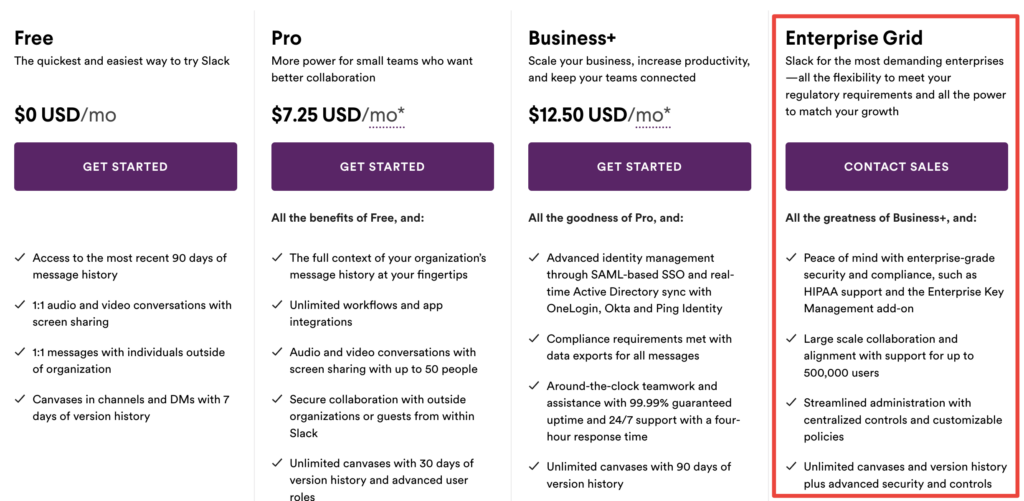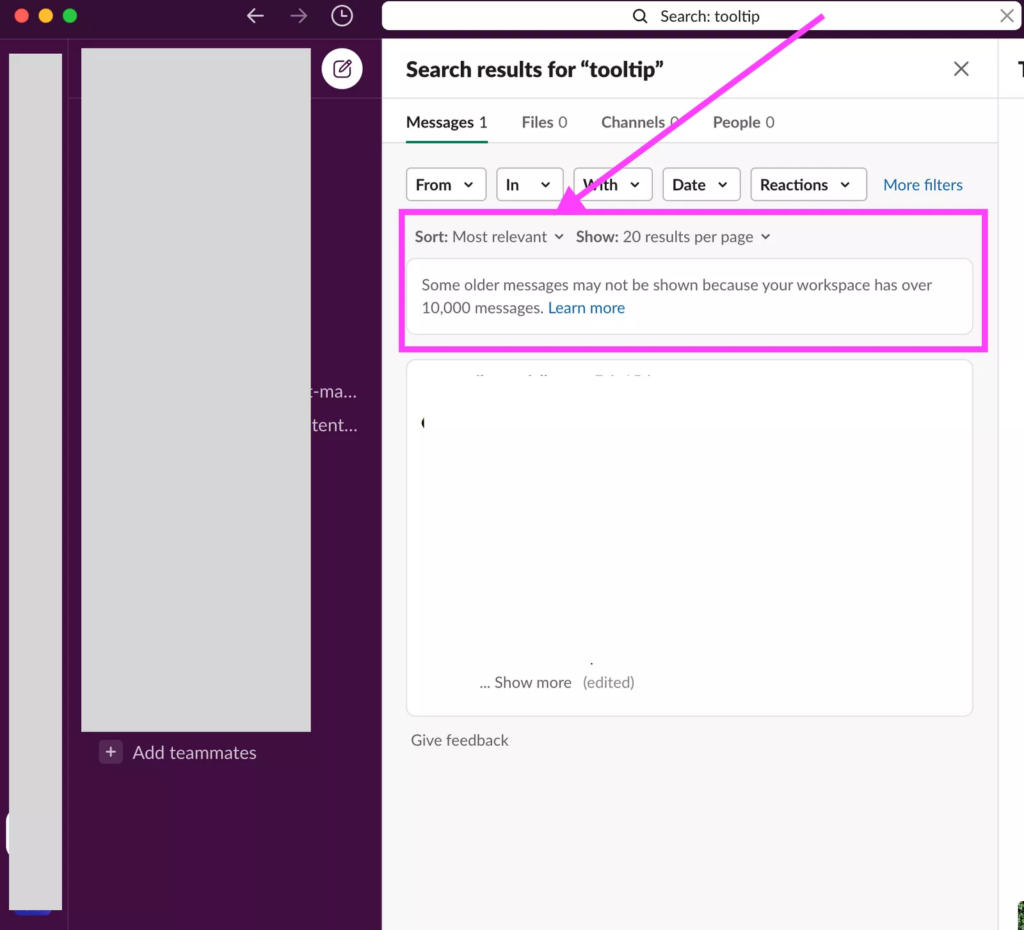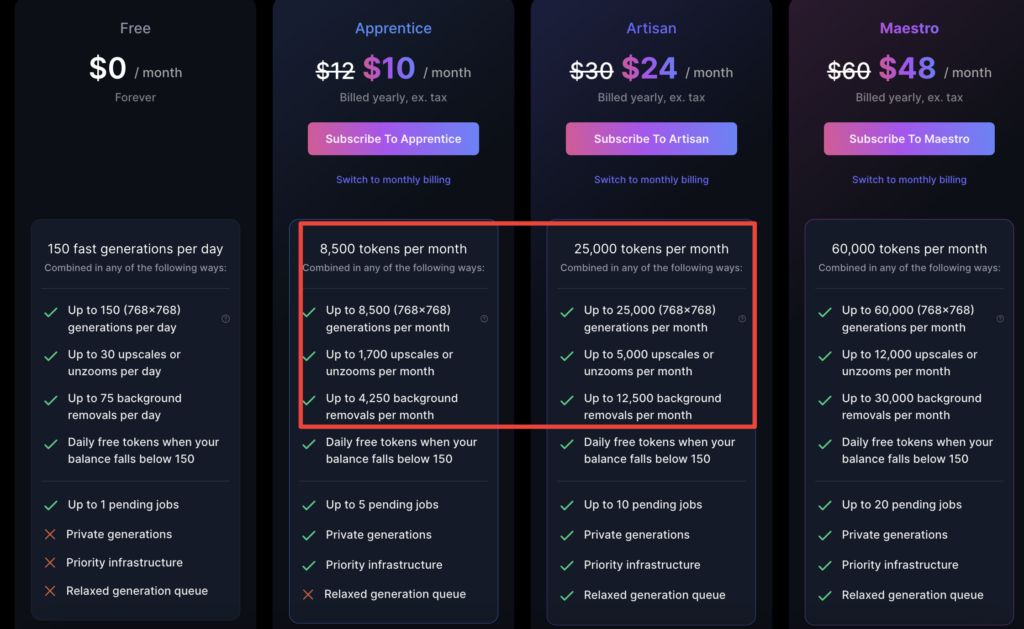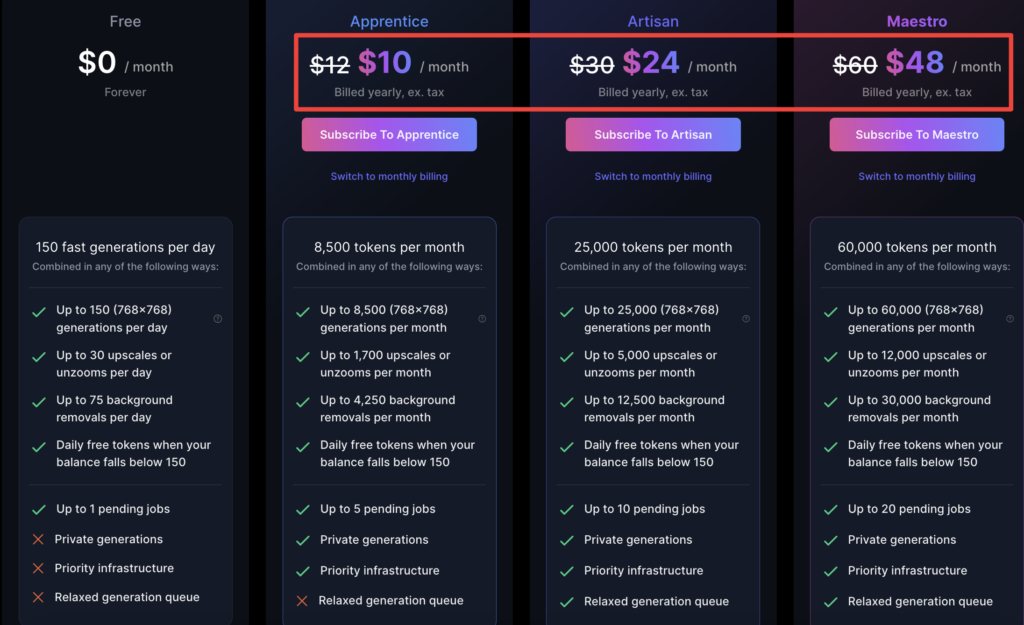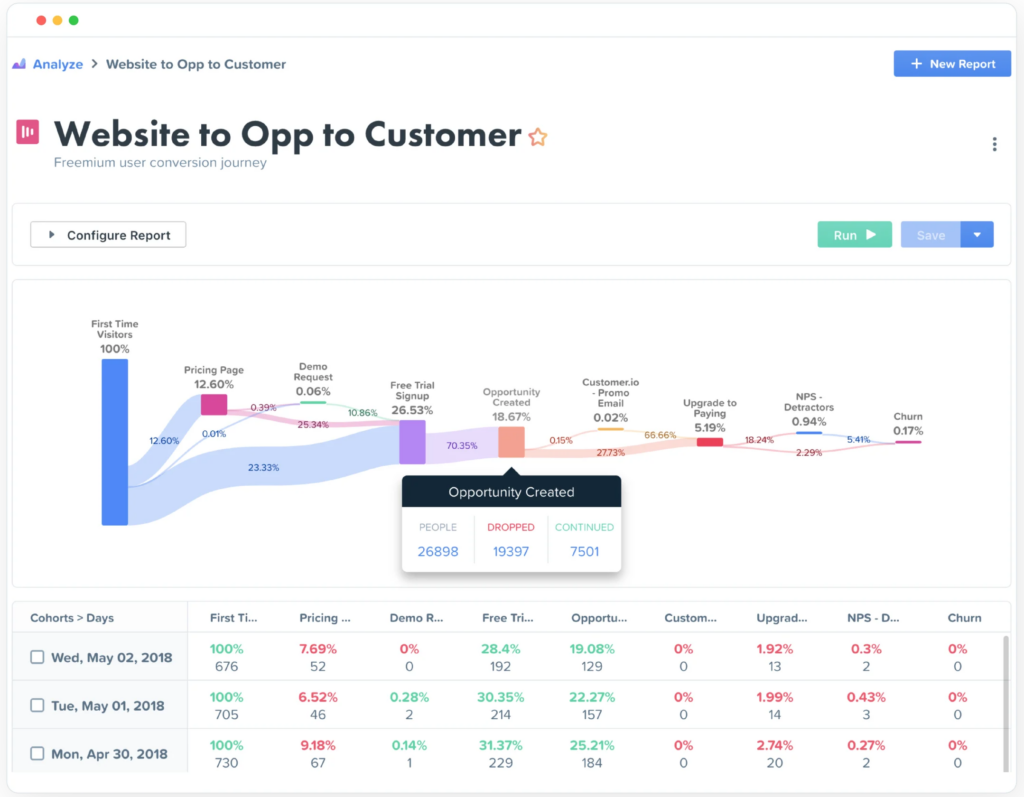You’ve just hired a new salesperson who shows a ton of potential. You’ve gotten them successfully onboarded, and they have a solid grasp of your products, industry, and culture. They’re achieving positive results, meeting or even exceeding your expectations. In situations like these, it’s easy to become complacent and take your foot off the gas with the rep’s development. But most experts warn against this, saying continuous learning is critical for fully developing your sales team.
Here’s why, along with plenty of research-backed data to fully illuminate the importance of continuous learning in the sales profession.
First, the Stats
Before I dive into the details, let me provide a basic overview of the specific benefits continuous learning can have for sales teams.
According to HubSpot, “Companies with continuous sales training reap as high as 50% higher net sales per employee than companies without.” Let that sink in for a second. 50%!
That alone should be enough to pique the interest of any sales leader and clearly shows that prioritizing ongoing learning can have an immense impact on sales.
Next, an SHRM survey found that “More than 8 in 10 hiring managers believe salesperson training helps attract the right candidates.” Further, the study says “76% of salespeople are more likely to stay with a company that offers continuous training.”
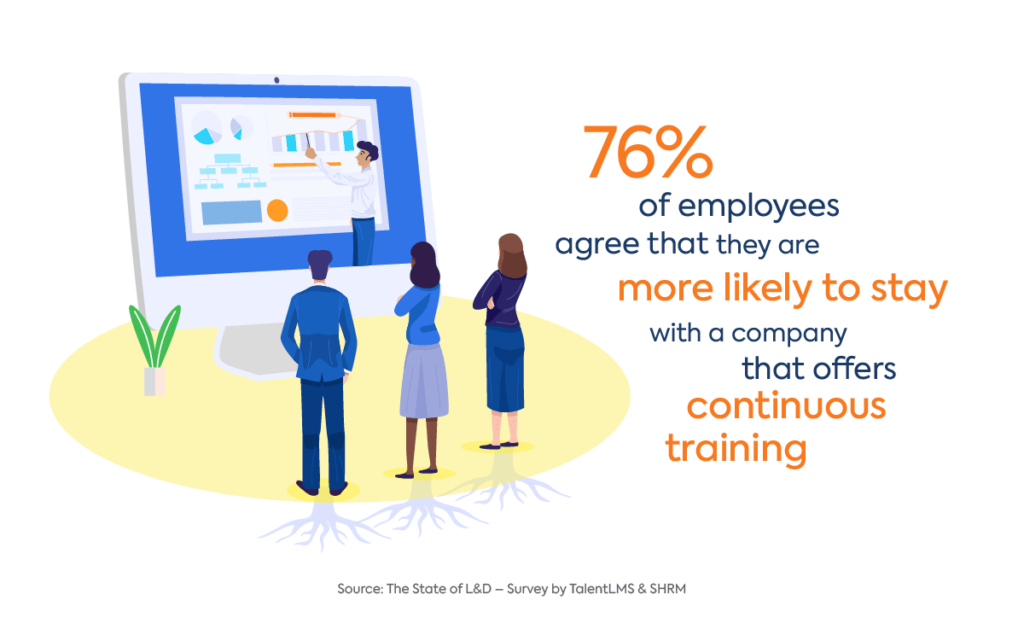
Additionally, Lorman Education Services states, “74% of salespeople are willing to learn new skills or re-train to remain employable,” and “87% of millennials believe learning and development in the workplace is important.”
Crunching these numbers together tells us a few key things about continuous learning:
- It can send sales soaring
- It’s integral for attracting and retaining elite sales reps
- The majority of salespeople are willing to continuously learn, with most feeling it’s important to their career progression
Now that we have an understanding of the data behind why continuous learning makes sense, let’s further unpack some specific applications.
Mastering Product Knowledge
I’m always a proponent of hiring candidates who can sell and then teaching them the industry and product, rather than hiring those who know the industry and product and then teaching them how to sell.
That said, having a firm command of your product line is always vitally important. To truly optimize the customer journey, offer great demos, and perfectly match leads with the right products, your reps need to know your products inside and out.
While most can learn the essentials fairly quickly, mastering product knowledge takes time. And given the continuous new iterations and developments that are par for the course for most products these days, it’s something that never ends.
This is especially true for companies that offer a wide range of solutions, like Mailchimp, for example. Check out what they currently offer — everything from email marketing and SMS marketing to audience management and marketing automation. And let’s not forget that they cater to several different industries, where the applications of the solutions can differ.
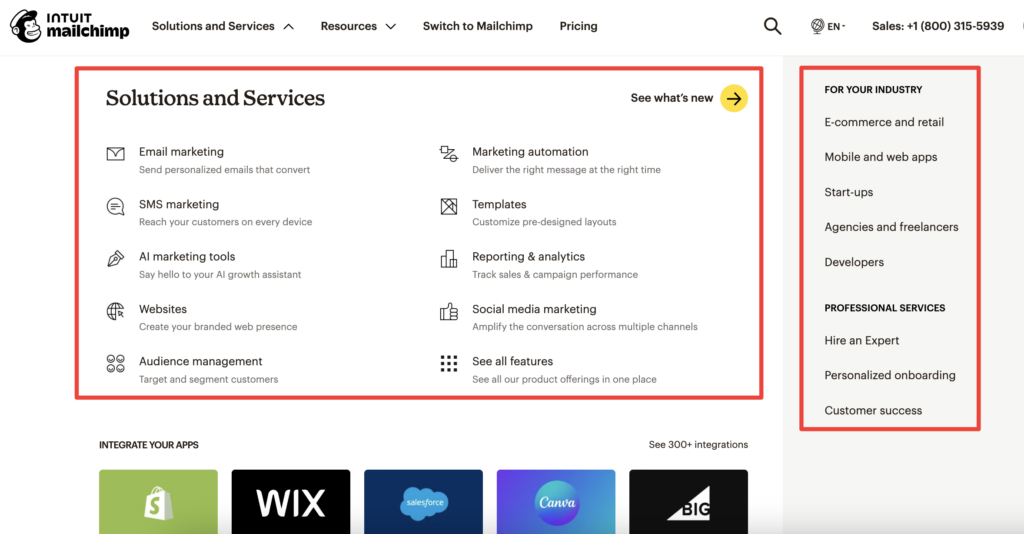
One of the biggest reasons to invest in continuous learning is so that reps know every last detail of your products and stay on top of new developments as they unfold.
Staying Ahead of Market Changes
Just as products are in perpetual evolution, so is the market itself. New technology, customer trends, sales techniques, and competitor strategies are constantly emerging at a rapid speed. For sales teams that take a “one-and-done approach” to learning that ends after initial onboarding, they’re unlikely to be equipped to thrive in our dynamic sales world.
However, those who place a strong emphasis on continuous learning in sales team development should remain agile enough to 1) see market changes happen in advance and 2) seamlessly adapt. If you’re one of the brands that fall under this category, you’re almost guaranteed to have an advantage over a large portion of competitors who lag behind.
Learning and Refining Sales Strategies
One of the most exciting things about sales is that there’s no ceiling. A good salesperson can become great, and a great salesperson can become elite. No matter how skilled a rep is, they can always take it further and continuously improve their craft.
When continuous learning is baked into your sales team’s mindset, your reps are in a position to learn new sales strategies that unfold and refine their existing ones. And with a wide array of comprehensive educational sales programs available, there’s really no excuse to not work this into the fold.
Here are just a few examples of some professional sales training courses currently offered by Dale Carnegie Training.
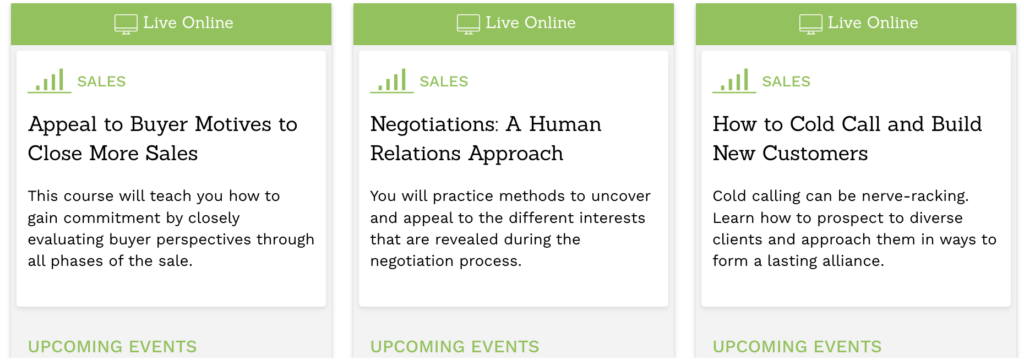
And if you’re looking for the be-all and end-all guide to sales training programs, I suggest reading this post from HubSpot.
Building Knowledge and Confidence
There’s one last, but critically important, aspect of building a growth-centric culture. Helping your sales team continually build their knowledge, as well as their confidence.
Think of it like this.
A huge part of mastering sales is simply “having salespeople get their reps in.” The more times a salesperson goes over a product, rehearses a demo, works on their pitch, and so on, the more comfortable they’re going to feel when they’re interacting with a lead.
In other words, there’s a clear correlation between practice and confidence.
When continuous learning is part of a salesperson’s job description, the more knowledge they’ll gain and the more confident they’ll be. And given that confidence is considered by many to be a core competency of high-performing sales reps, you can see why this is so important for thriving in this profession.
The Foundation of Sales Excellence: Continuous Learning
From increased sales to salesperson attraction and retention to mastering product knowledge to staying at the forefront of your market, there’s no denying the impact continuous learning can have on your sales team. That’s why I can’t stress enough the importance of going beyond initial onboarding and firmly ingraining ongoing growth into the fabric of your culture.
To find elite-level reps that you can train and develop, register with HireDNA today. We make it simple to attract, recruit, and retain the best sales talent, faster using science-based, data-backed technology.





